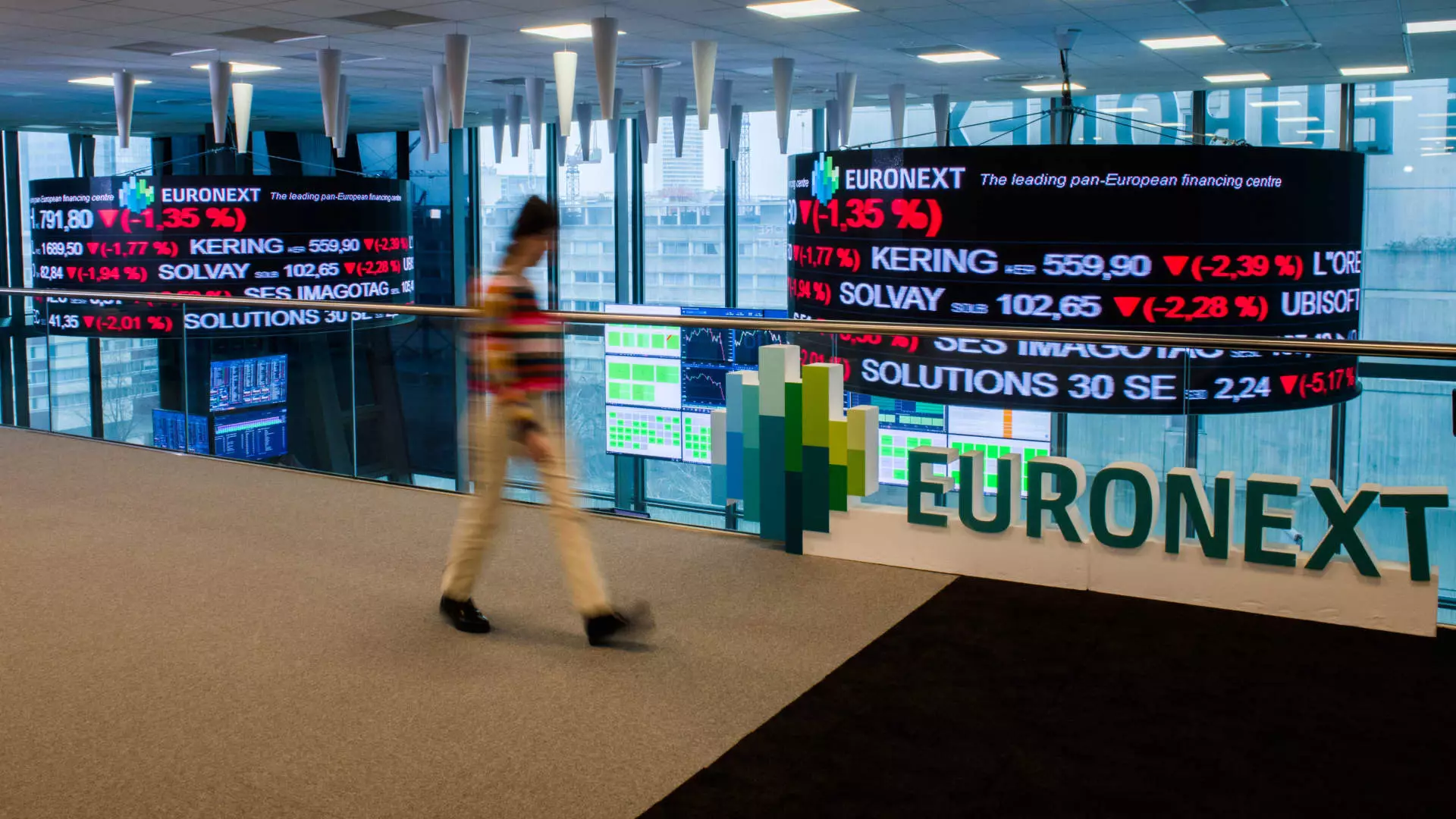The recent electoral victory of Donald Trump has sent shockwaves through the global financial landscape, prompting a noticeable retreat in U.S.-listed funds that track international stocks. Investors appear to be grappling with the implications of proposed trade policies, particularly concerning tariffs. Various exchange-traded funds (ETFs) that represent markets in South Korea, Hong Kong, Taiwan, and Chile have all recorded declines amid an overarching rise in major U.S. indices. This counter-intuitive trend signals a growing concern among investors regarding the capacity of international equities to weather potential economic headwinds emanating from the U.S. administration’s imminent strategies.
Central to the apprehension in international markets is Trump’s indication of implementing tariffs on imports, speculated to reach as high as 20% across the board, with China facing tariffs as steep as 60%. While these policies resonate poorly with a significant segment of the electorate, evidenced by NBC News polling, their impact seems negligible in the electoral outcome. Most challenging is that the economy was a focal point for voters during the campaign, making the disconnect between voter sentiment and market reaction all the more perplexing. As Yung-Yu Ma from BMO Wealth Management articulated, the promising landscape within U.S. markets is sharply contrasted by the elevated risk international equities face in light of such tariff policies.
This situation illustrates a palpable divergence between the robust performance of the U.S. market, particularly noted by the Dow Jones Industrial Average, which achieved significant highs, and the lagging performance of international stocks. On one hand, the iShares Core MSCI Europe ETF (IEUR) experienced declines over 2%, underscoring the immediate adverse reaction from European markets in response to Trump’s victory. Conversely, Asia-Pacific markets demonstrated a mixed reaction, with Japan’s Nikkei 225 standing out as an exception. Notably, the iShares MSCI China ETF (MCHI) faced its own downward pressure, reflecting widespread trepidation surrounding trade relations.
Moreover, the strengthening of the U.S. dollar further complicates the landscape for international investments, particularly in emerging markets, which have consistently underperformed compared to their U.S. counterparts. Adam Turnquist from LPL Financial highlights that the dollar’s ascent is reflective of rising inflation expectations, which could translate into tougher market conditions for international equities. Notably, the iShares MSCI Emerging Markets ETF (EEM) saw a drop of over 1%, indicative of the broader struggles faced by these economies. However, amidst the bleakness, the Global X MSCI Argentina ETF (ARGT) exceeded expectations, climbing over 2% and reaching new highs, illustrating that not all international markets are uniformly affected by U.S. political developments.
While the U.S. markets bask in the glow of political developments, the implications for international equities remain fraught with uncertainty. Tariff threats loom large, provoking a cautious investor sentiment that could inhibit global market performance in the near term. This divergence marks a critical juncture for both U.S. and international investors as they navigate a complex and shifting global landscape influenced by domestic political changes. The ongoing volatility will require astute monitoring, particularly in an era where political and economic landscapes are increasingly intertwined.

Leave a Reply